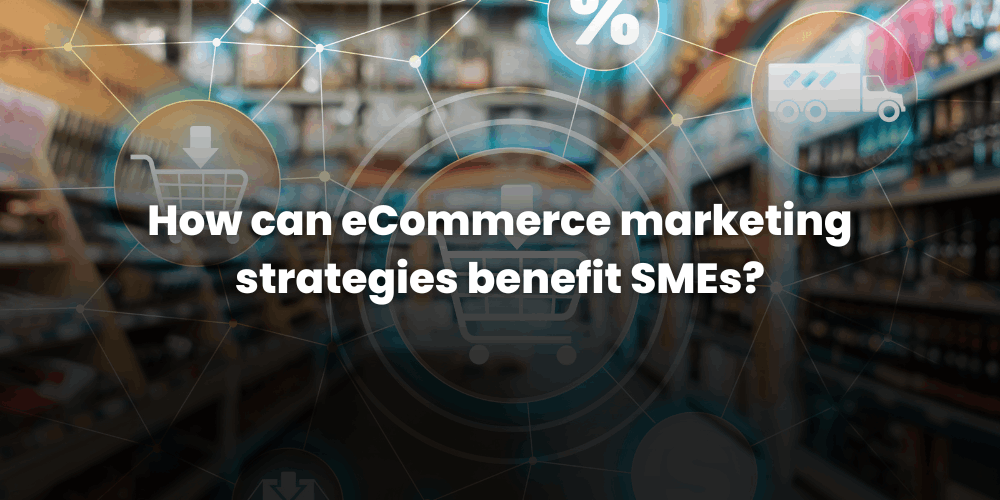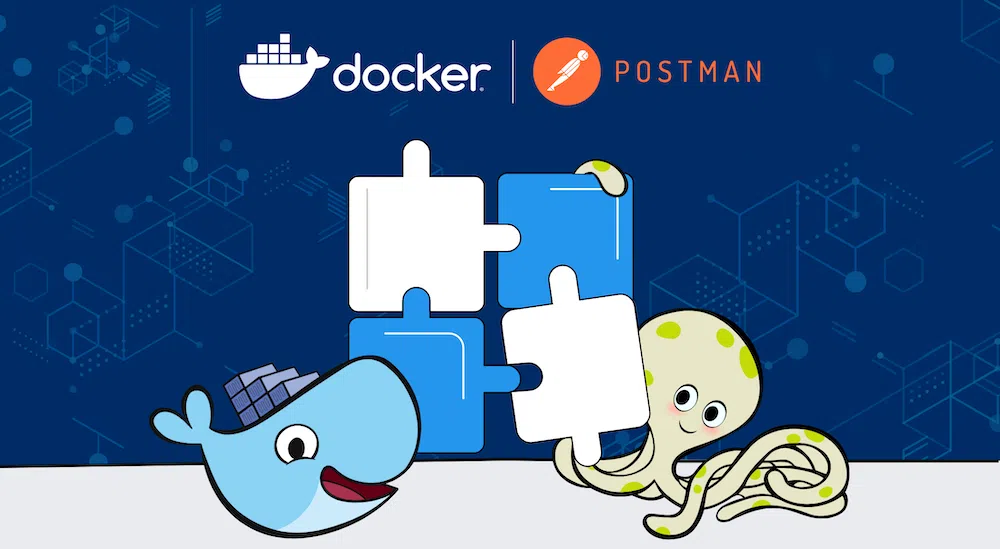SMEs are undoubtedly the backbone of the economy of almost any nation. Small and medium-sized enterprises, particularly in developing countries, play an instrumental role in the development of the economy. The Internet has revolutionized the world of business with its ever-evolving nature. Today, the Internet has become a medium of communication, a platform for education, trade and service delivery, a recommendation engine, and more at the same time.
While SMEs in some markets and industries have shown fair growth in the adoption of eCommerce, they fall behind far too much in far too many other markets and industries, thereby forfeiting the many benefits associated with it.
Small and medium-sized enterprises need eCommerce marketing services in order to focus their marketing efforts on niche markets. Offering the right price to new and existing clients is one of the key elements of standing out from the competition and attracting new clients.
The potential of eCommerce to assist SMEs in scaling up and expanding their reach can be seen in a variety of ways, including but not limited to:
Fostering an overseas reputation
Online transactions enable a company to establish its credibility and track record of performance. Such records are used by consumers to determine which companies are most likely to provide satisfactory services or products of good quality. Investing institutions rely on them to spot stable companies whose growth they can confidently support, and businesses rely on them to find reliable partners. Companies can accumulate valuable assets by maintaining detailed records of online transactions.
Expanding market reach
A cross-border eCommerce strategy can enhance the reach and visibility of small and medium-sized businesses in international markets since it reduces the amount of capital that is needed to penetrate the global marketplace. Consumers are brought to one virtual marketplace through online platforms. Using these platforms has a network effect: when a website has a certain number of users, attracting newcomers is minimally expensive. There are many benefits that SMEs can benefit from using these platforms.
Decreasing market research costs
By utilizing big data generation from transaction records, SMEs may be able to reach out to a targeted group of potential customers. Many eCommerce websites use technology that analyzes users’ browsing histories to determine what type of products consumers are interested in and then suggests products similar to those they previously viewed.
Disintermediation in international trade
Disintermediation of those responsible for imports and exports can unlock a significant amount of international value, as SMEs can ship products directly to end users through the use of e-commerce channels.
Leveraging eCommerce ecosystems
In recent years, online platforms have created ecosystems aimed at providing SMEs with access to the essential services needed for their growth. These services are often offered at a reduced price. Financing options, legal and financial advice, shipping, delivery and logistics solutions, promotion packages, market information, market analysis, and B2B matchmaking services are some of the options available.
While the spotlight tends to be focused on the eCommerce giants, millions of smaller, less famous eCommerce SMEs generate substantial profits based on the scope of their business operations. These accomplishments can be attributed to the numerous advantages that eCommerce offers. Whether an SME is operating within or beyond national borders, eCommerce offers them a number of advantages in terms of growth prospects and prosperity.
Ultimately, your eCommerce marketing strategy should be tailored to the people you’re trying to reach and sell your product. No matter how many products you have or what marketing strategies you use, if your message does not resonate with your target market, it will have no impact. Developing this factor is the key to a successful online store, and failing to include it in your overall strategy will result in your store’s failure.
In terms of marketing strategies, what works best for you?









